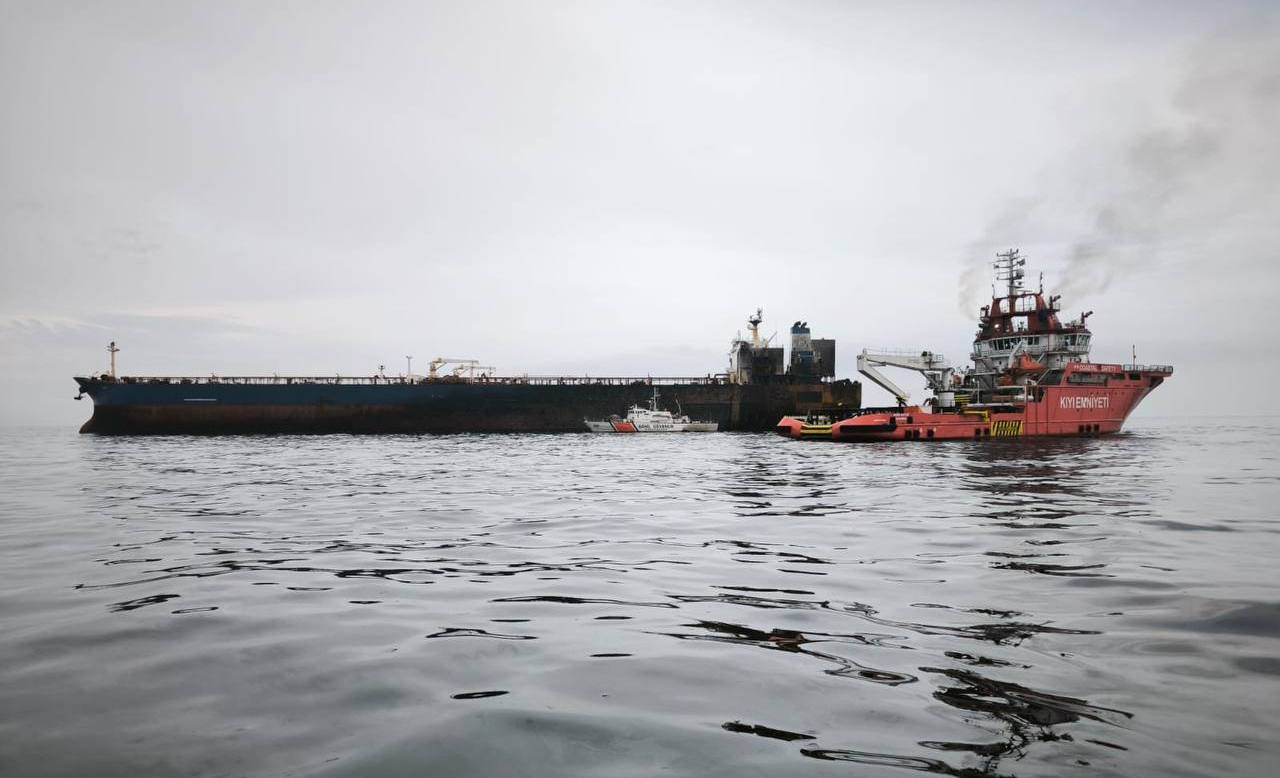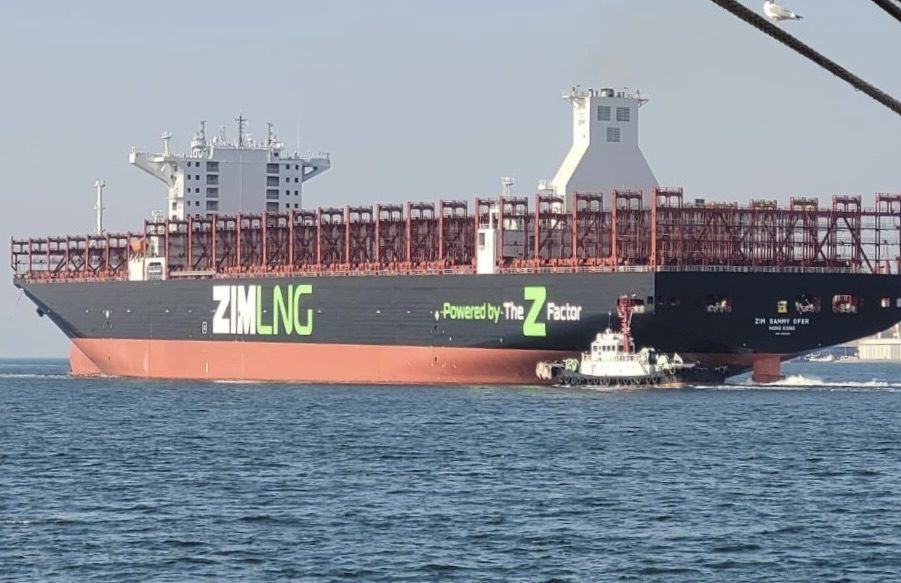(Bloomberg) —
War in Ukraine and drought in Brazil have global crop importers turning to the U.S., and the pivot means costs to ship grains and soybeans on the Mississippi River have soared to an almost eight-year high.
China and other importers were purchasing more soybeans than usual at this time of year from the U.S. after dry weather took a toll on the crop in top-producing Brazil. Meanwhile, Russia’s invasion of Ukraine has damaged ports along the Black Sea and halted corn shipments beginning last month.
The disruptions caused ripple effects on the Mississippi River, the main route for crops on barges to flow to export terminals along the U.S. Gulf Coast. Rates for dry bulk barges on the Mississippi at St. Louis jumped to $34.75 per short ton, the highest since 2014, according to U.S. Department of Agriculture data.
The higher shipping costs faced by importers are adding to fears of further inflation, which is already the highest in four decades in the U.S.
“The prospects for greater U.S. soybean and corn exports due to a worse-than-expected South American harvest and the Russian-Ukraine war has shippers securing covered barge capacity for future needs,” J. Alan Barrett, director of research and consulting at Higby Barrett LLC in Memphis, said in an email.
Elevated water levels on Mississippi River were also restricting the amount of barges that towboats could push by about 15%, Barrett said. Waters were near a minor flood stage on the Mississippi River at Baton Rouge.
Further pushing up barge freight was the resurgence in coal markets amid demand to replace Russian natural gas and crude oil, presenting a rare demand boon for both agricultural and energy along U.S. rivers.
“Many years have passed since the two most important commodities for the Mississippi Inland River System have been simultaneously bullish,” Barrett said.
© 2022 Bloomberg L.P.

 Join The Club
Join The Club










